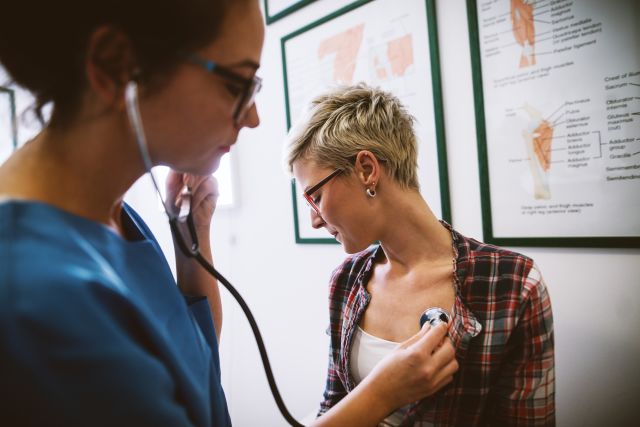Although it is a common mental health disorder, major depression (also called clinical depression, major depressive disorder, or MDD) can be difficult to diagnose.
One reason is that the symptoms of major depression can look similar or overlap with symptoms of other mental health disorders. Major depression can also occur alongside other health conditions and mental health disorders.
Another reason is that many symptoms of major depression are “invisible”—they are feelings, emotions, moods, and thoughts. Getting an accurate diagnosis depends on being comfortable telling a healthcare provider about these symptoms. For many people, this can be a difficult conversation to have.
To diagnose major depression, a healthcare provider will ask questions about your symptoms. They may also use other medical and psychological exams to better understand and pinpoint what you are experiencing.
Here’s what you can expect at an appointment to discuss depression symptoms:
- Questions about your symptoms. To be diagnosed with major depression, you must have certain symptoms for at least two weeks. Your symptoms must also be severe enough to interfere with normal activities, work, and your ability to take care of yourself. To make a major depression diagnosis, your healthcare provider will ask you about your feelings, thoughts, and behavior.
- A physical exam. A physical exam won't tell your healthcare provider if you have major depression, but it will help your provider assess your overall health and rule out illnesses and injuries that may be related to your symptoms.
- Blood tests. Some health conditions—such as hypothyroidism and kidney disease—can cause symptoms of depression. Your healthcare provider may order blood test to check blood cell counts, electrolytes, liver function, and blood sugar.
Many people do not realize they are experiencing symptoms of depression. To help identify depression, most primary care providers include a depression screening as a part of a regular office visit. This screening usually includes questions about moods, behaviors, and day-to-day functioning over recent weeks.
If you or someone you know is having thoughts of self-harm, suicide, or violence, seek help immediately. Licensed mental health professionals are available at the National Suicide Prevention Lifeline. These professionals can listen to what you have to say and guide you through steps that can keep you safe. To contact the National Suicide Prevention Lifeline, call 1-800-273-8255 or call, text, or chat 988.






